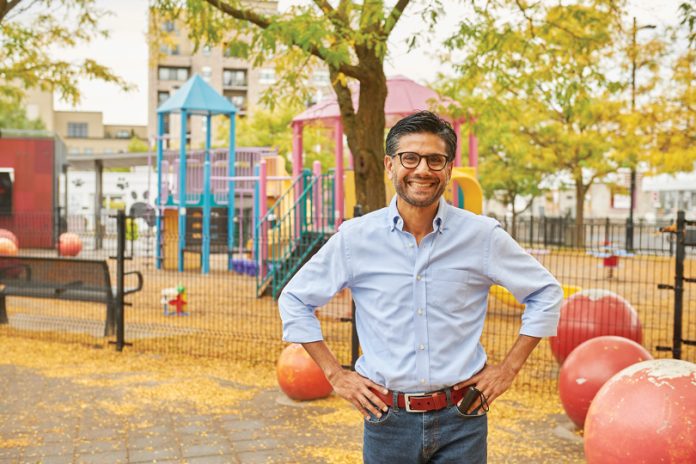Receiving the news of a cancer diagnosis is a moment in time all of us dread; it is often described as getting on a train without knowing the destination. While intensely personal, a cancer diagnosis also touches families and loved ones, who find themselves embarking on an unwanted journey. This has touched our family over the past year with my mother’s breast cancer diagnosis.
Thankfully, significant advancements in breast cancer prevention and treatment in recent years have transformed the outlook for my mom and thousands of women like her.
The good news is that a diagnosis of breast cancer is not the automatic death sentence it once was. Advancements in both the detection and treatment of breast cancer have moved us from a time when breast cancer was discovered by chance, with treatment through chemotherapy being likened to firing a volley of chemicals in hopes of hitting something. Modern treatments now include a wide range of therapies intended to deal with the makeup of very specific cancer tumours.
While we have moved ahead light years in treatment, I want to focus on the importance of prevention. My mother’s cancer was detected early through screening. I cannot stress enough how critical this was in determining her treatment regimen so that she is now on an incredible journey of recovery.
Breast cancer screening was the focus of a recent meeting of the Standing Committee on Health of the House of Commons. The emotion in the room was palpable as it became clear that breast cancer had directly or indirectly touched the lives of my colleagues. We heard from Dr. Jean Seely, Professor of Radiology at the University of Ottawa along with other witnesses. The focus of our meeting was the proposed guidelines for breast cancer screening contained in the report of the Task Force on Preventative Health Care. This report recommended that breast cancer screening begin at age 50. This flies in the face of strong evidence indicating that screening beginning at age 40 delivers significant positive outcomes.
Dr. Seely noted that a ten-year study involving 55,000 women across Canada saw a significant increase in the net survival of their breast cancer, together with a significant decrease in breast cancer mortality in jurisdictions where screening is available from age 40. What I found to be particularly stark was her estimate that failing to recommend breast cancer screening earlier will lead to the deaths of between 400 and 600 Canadian women every year. I am pleased to report that our committee passed a unanimous motion calling on the task force to reverse their decision on the guidelines.
Starting this Fall, the Ontario Breast Screening Program (OBSP) will allow women to self-refer for breast screening beginning at age 40, with OHIP coverage. This will undoubtedly result in lives being saved and I so look forward to the day when this is the standard recommendation across Canada. I would highly encourage women to reach out to the local OBSP location at the Ottawa Hospital to make an appointment or check out the Ontario Ministry of Health website for more information. And please share this information with your loved ones.
